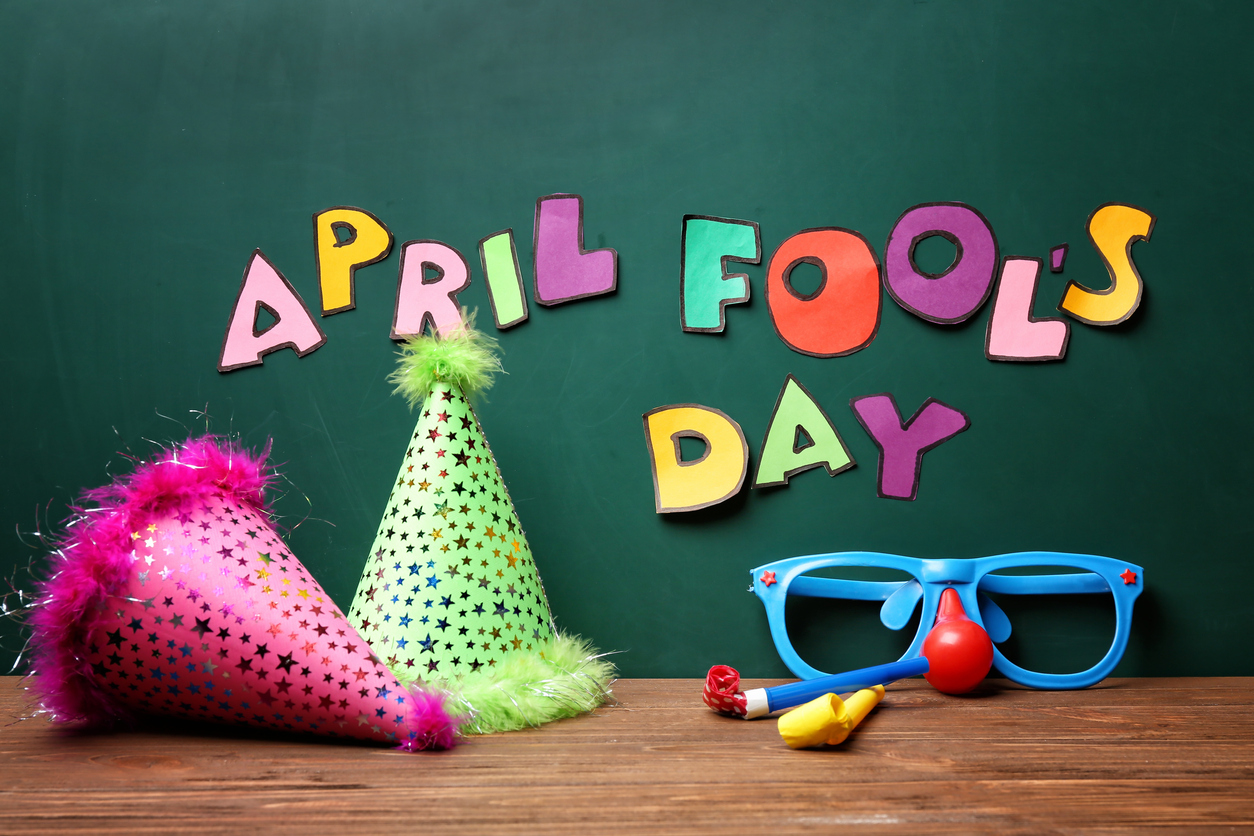
By Ashley Snodgrass
Spring – the season of more sunlight, March Madness, St. Patrick’s day, and glorious winter breakup. At the peak of Spring, there is a polarizing holiday that can cause a lot of drama and trauma in the workplace: April Fool’s Day.
So, here’s a good debate for you: Is there a place for April Fool’s Day in the workplace?
Most guidance suggests that not all pranks are bad for the workplace, but the culture of the company is most important. There are some cultures who welcome playful, creative pranks. However, if your company culture is very professional and traditional in nature, pranks are likely to be unwelcome.
When considering if pranks are appropriate, also keep in mind that any pranks or jokes must not discriminate or harass the recipient. One piece of advice I particularly thought was helpful, is to consider if the prank would be remembered fondly a year from now?
On one hand, some employees find pranking a unique way to build camaraderie and laugh together with coworkers. Pranking can promote team-building as members of different departments conspire to plan and execute a joke on an unknowing victim. Pranking can be a funny way to relive a joke with coworkers. For example, I was gifted a Crap Taxidermy calendar by my coworkers one day after I expressed my horror and general discomfort surrounding taxidermy.
Oppositely, pranks may turn mean-spirited – damaging trust between teams, ostracizing team members, and lowering the level of professionalism in the workplace. Pranks can also be heightened by power dynamics, gender roles, and the truth that often times what one person may think is funny, the next person may not think is funny.
SHRM published a list of helpful do’s and don’ts that may guide your attempts at pranking this April Fool’s Day:
Do’s
- Any joke should align with company culture or mission.
- The audience of a joke should be considered. April Fools’ is not the ideal time to pull a prank on a new co-worker. If an employee chooses to prank, the worker should choose a joke that will be well-received. If the company culture is serious, the employee should think twice about proceeding with any prank.
- All possible outcomes should be thought through. A would-be prankster might maybe even run the joke by a third party to get an opinion on whether the joke is funny or appropriate for the workplace.
Don’ts
- No jokes should focus on an employee’s race, gender, age, disability, religion, national origin, sexual orientation, sexual identity or other protected status.
- No pranks should interrupt an employee’s ability to complete his or her job or interfere with a deadline.
- No jokes should be physical. There should be no physical contact or injury.
- No pranks should cause damage to property or the company’s reputation.
- No jokes should suggest someone has been terminated or demoted.
I’ve compiled examples from one of my favorite work-place blogs Ask A Manager where employees write in with a question or topic, and the blog author responds with her advice. I’ve compiled some prank and April Fool’s Day related posts below:
My Workplace Pulled A Mean April Fools Prank On Employees
My April Fools Prank Backfired
I Pulled A Prank On A Coworker — And It Ended Badly
My Boss Is Furious After My Coworker Pranked Her
An Office Prank Ended In Injury
My Employees Played A Horrible Prank On A Coworker — What Do I Do Now?
My Team Sent Me A Bag Of Garbage While I Was Recovering From Surgery
My Coworker Signed Me Up For A Racist Organization As A Joke
Pranking A Coworker Who’s Afraid Of Clowns
And if you’re still not sure if you’ll be leaving pranking out of the workplace, here are a few ideas to get your brainstorming off on the right foot.




